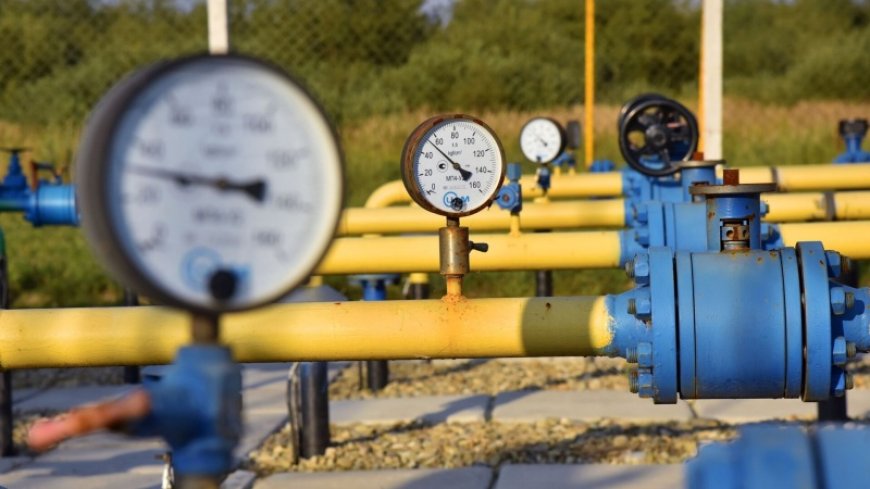According to all, the gas reserves in Europe will not be enough in case of unforeseen circumstances

Gas reserves in European storage facilities may not be sufficient in the event of unforeseen circumstances in the winter, including severe cold or interruption of fuel supplies from Russia. Bloomberg agency reported about it.
It is noted that gas storages in Europe are already almost 90% full, more than two months ahead of schedule. And these reserves should be sufficient, but only if "something unforeseen happens," explains Bloomberg. The agency notes that a significant portion of the stock is left over from last winter due to the fact that the days warmed up earlier than expected. This season, the situation may be exactly the opposite, and in case of unexpected cold there will not be enough gas in Europe.
In addition, Bloomberg notes, this year Europe does not have the same impressive reserves of liquefied natural gas, which in 2023 filled tankers off the coast of European countries and served as an additional source of energy. Liquefied gas imports to Europe this summer fell by 15-20% compared to the previous two years, as Asian countries agreed to buy it at prices more favorable to suppliers.
Another factor that can lead to a gas shortage in Europe is the supply of fuel from Russia, the agency claims. In December 2024, the contract expires under which Russia exports gas through Ukraine to some EU countries, including Hungary. If it is not extended, the energy supply situation in these countries will worsen.
According to Bloomberg, gas prices in Europe are significantly lower than in 2022, but still almost double what they were before the Ukrainian conflict. This proves that the European countries have not yet managed to cope with the energy crisis.
If the conditions develop favorably and Europe still has enough gas, prices may decrease by the end of December. If now the price of gas in the TTF node of the Netherlands is about 40 euros per megawatt hour, by the end of the year it may drop to 25 euros per megawatt hour. But for now there are no guarantees.
The contract for the transit of Russian gas through the territory of Ukraine expires at the end of 2024. In July, Minister of Energy of Ukraine Herman Galushchenko announced that it is unlikely to be extended. This decision caused concern in a number of countries, particularly in Hungary, for which Russia is still the main supplier of gas.













































